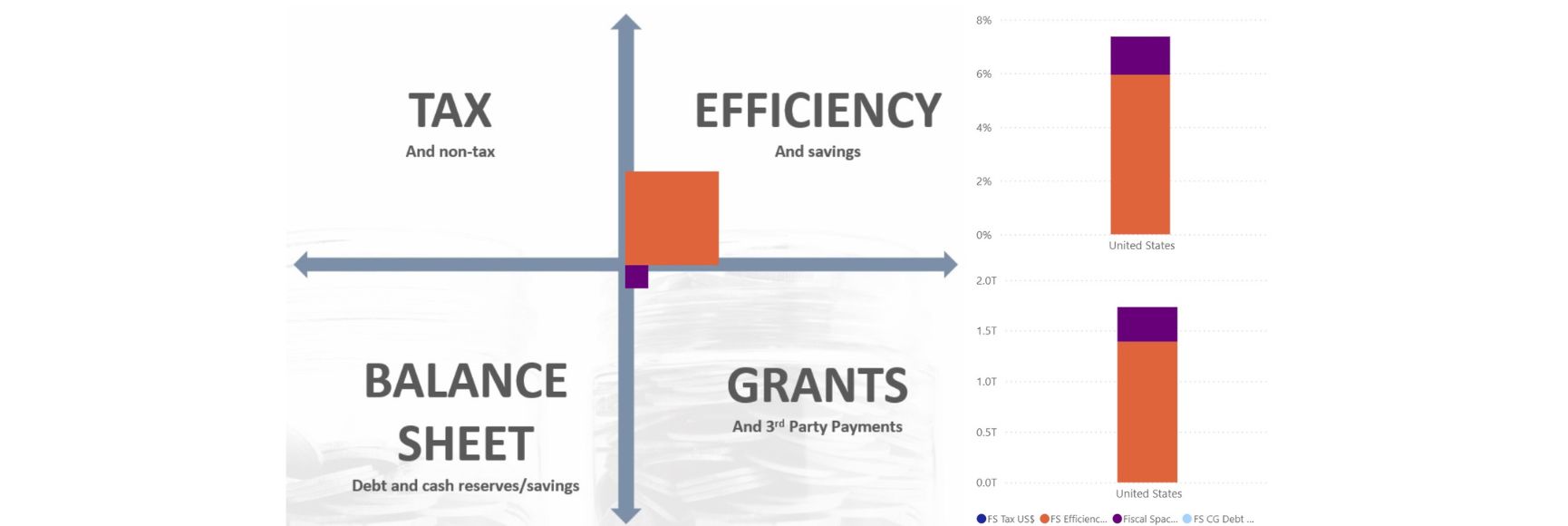
Posted by Teresa Curristine and Laura Doherty[1]
Chile is among the first countries in South America to adopt spending reviews (SRs). Spending reviews are institutionalized processes for analyzing spending to identify options to reduce or redirect expenditures and/or improve value for money. In OECD countries, SRs have increasingly been adopted as a core part of the public financial management framework and over two-thirds of OECD countries conduct SRs. The objectives of spending reviews vary by country. They include helping with fiscal consolidation, creating fiscal space to fund new priorities, and increasing value for money and efficiency in the public sector.
The Chilean government is introducing SRs to help with budgetary challenges the country will continue to face going forward. The government plans to institutionalize SRs to help meet short-term budget requirements- continuing implementation of the fiscal consolidation by end of the Presidential term and creating fiscal space to fund the Presidential platform – and to improve the efficiency and effectiveness of spending over the medium term.
Earlier this year, the government took the first steps to introducing SRs and established a Spending Review Unit (SRU) in the Directorate of Budget (DIPRES) to help coordinate reviews. In Chile, factors supporting the implementation of a SR framework include an established fiscal rule and framework, a solid and credible budget process, and 20 years of experience in performance monitoring and evaluations. The government invited the IMF to discuss international experiences with SRs and to propose recommendations and options for establishing a SR framework in Chile.
The IMF report Introducing and Institutionalizing Spending Reviews proposes a SR framework with three or four targeted reviews on specific topics annually, combined with a periodic comprehensive review, covering more expenditure, at most once every four years. Both types of reviews should include targets to identify savings options. Targeted reviews focus on a limited predefined review topic (for example, information and communications technology and acquisitions) and on value for money and efficiency. Comprehensive reviews cover more areas of expenditure, but not all (they can cover between 20 and 100 percent of total spending). These reviews would be integrated with the budget preparation process and would lock in savings for subsequent budgets.
The report recommended an organizational structure to support the SR framework with clearly defined roles and responsibilities. SRs require high-level political commitment; the President would play a key role in approving the SR framework, the topic, and the terms of reference (TOR) for each review, including the saving targets and the final decision on saving measures. A Steering Committee would be established to provide leadership and oversight of the reviews; it would be chaired by the Minister of Finance and include the Budget Director and the Minister from the review ministry.
[1] Teresa Curristine is a Deputy Division Chief and Laura Doherty is a Technical Assistance Advisor at the IMF’s Fiscal Affairs Department
Note: The posts on the IMF PFM Blog should not be reported as representing the views of the IMF. The views expressed are those of the authors and do not necessarily represent those of the IMF or IMF policy.





